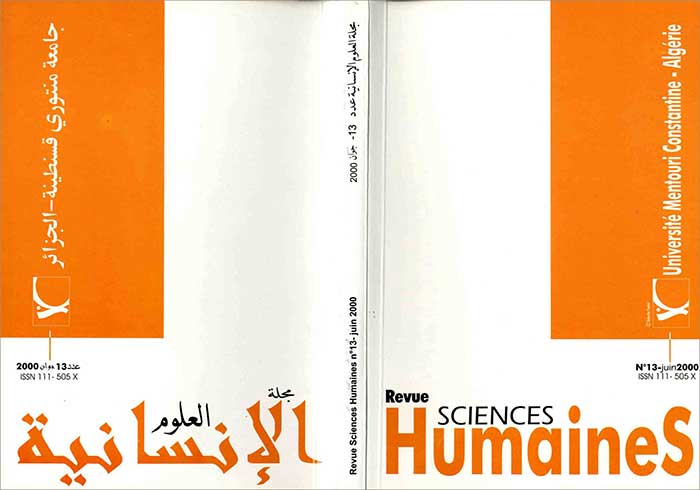Anglo-Free French strategy in Northwest Africa: operation against Dakar, september 1940.
Abstract
After the fall of France in 1940, the British Prime Minister, Winston Churchill, tried hard to persuade Marshall Petain to continue the war from North Africa but his effort was of no avail. This is the reason why Winston Churchill accepted to mount a combined operation with the Free-French under the leadership of General de Gaulle to seize the French naval base of Dakar.
This article focuses on the preparation and execution of this operation, it then analyses its impact on different protagonists and finally shows why American interest for Northwest Africa started to grow.
Downloads
References
Charles de Gaulle, Mémoires de guerre, l’appel 1940-1942, Plon, Paris, 1954, p. 97.
François Kersaudy, Churchill and de Gaulle, Collins, London, 1981, pp. 92-93; C. de Gaulle op. Cit., p. 97.
Martin Gilbert, Winston S. Churchill, Vol.V, London, 1983-1986, p. 719.
Winston Churchill, The Second World War, their Finest Hour, vol. II, Cassel and Co. Ltd., London, p.431. At the outbreak of the war, the French, Belgian and Polish gold were shipped to Dakar and after the attack, of the latter, it was taken to Kayes, Mali. Before the attack of Dakar, the Germans had pressed Vichy to hand them this gold. Belgian gold was taken to Germany.
Great Britain Cabinet Office « The Dakar Operation », Principal War Telegrams and Memoranda, 1940-1943, Miscellaneous, Cabinet History Series, K.T.O., Nendein, 1970, p. 3-4.
Ibid., p. 6.
Ibid., Annex 6, p. 31.
Churchill, op. cit., p. 429.
Great Britain Cabinet Office, « The Dakar Operation », op. cit., p. 18.
Bri. General Spears, at General de Gaulle’s headquarters, reported however that at Rufisque the Free French forces landed with the help of native Senegalese but the operation was called off because (a) signal called off ‘Charles’, (b) bad visibility, (c) presence in vicinity of French cruisers and (d) inability to locate British support. (Ibid., Signal from Bri. General Spears to the Joint Commanders, Annex15, p. 36.)
Churchill, op. cit., p. 433.
Great Britain Cabinet Office, op. cit., Annex 17, p. 37.
Paul Marie de la Gorce, De Gaulle: entre deux mondes, Fayard, Paris, 1964, p. 181.
Great Britain Cabinet Office, op. cit., p. 22.
Ibid, Prime Minister’s Message to the Commanders, Dakar Force, 25 September, Annex 20, p. 22.
Bell P.M.H., A Certain Eventuality, Saxon House, Maclehose Ltd., Scotland, 1974, p. 169.
Great Britain Cabinet Office, op. cit., Annex 4, p. 30.
Hinsley H. Francis, British Intelligence in the Second World War, Vol. I, London 1979-82, p. 158.
Mader A.J. From the Dardanelles to Oran, Oxford 1974, p. 149, note 9.
Review of Foreign Press, Krauss International Publications Munchen, Series A, Vol. III, October 7th, 1940, London, p. 1.
William L., Langer Our Vichy Gamble, Archan Books, Hamden, 1965, p. 85.
Llewellyn Woodward, British Foreign Policy in the Second World War, Vol. I, M.H.S.O. London, 1970, p. 261.
Paul Farmer, Vichy: Political Dilema, Columbia University Press, N.Y., 1965, p. 193.
Langer, op. cit., p. 87.
Jean Lacouture, De Gaulle, le rebelle, 1890-1944, Seuil, Paris, 1984, p. 454.
Murphy Robert Diplomat Among Warriors, London 1964, p. 104.












